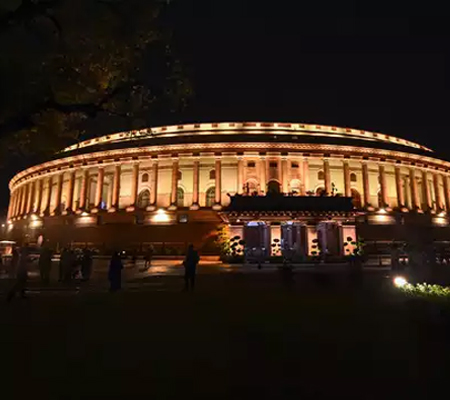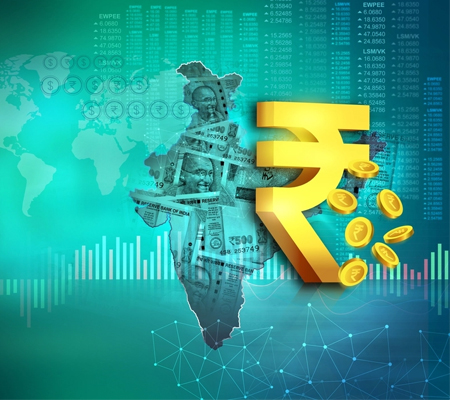Over the past decade India has gone from being entirely reliant on imports for its defence preparedness, to building an understanding of the significance of self-reliance and indigenisation and working on improving the same. Several policy initiatives and procedural reforms have been steadily implemented since 2015-16, starting with the introduction of the Defence Procurement Policy (DPP) 2016. The DPP now stands in its sixth iteration, amended as the Defence Acquisition Procedure (DAP) 2020. Policy initiatives like ‘Make in India for Defence’, Defence Production Policy (DPrP) 2020 (currently in draft form as Defence Production and Export Promotion Policy or DPEPP) have been pursued alongside other reforms at the procedural, Indian Armed Forces, and industrial levels as well.
The defence budget outlay for 2022-23 stands at INR 5,25,166 crores, or approximately USD 70.6 billion, making it the third largest defence budget in the world. The enhancement of the Capital Outlay of Defence Services to INR 1,52,280 crores came alongside a Budget Speech announcement that 68 per cent of this capital procurement budget has been earmarked for “domestic industry to promote self-reliance and reduce import dependency”. In addition to this, it was also highlighted that 25 per cent of the defence R&D budget would be earmarked for “private industry and startups”. These are indicative of the Government of India’s push to level the playing field for the private sector in defence manufacturing.
Research on defence economics is guided by the distinguished members of our Defence Economics Research Advisory Group, under whose guidance we have developed our defence economics research into a comprehensive research programme that will add value to the reforms agenda of the government.
In this context PIF’s focus is not only on examining defence decisions through an economic lens, but also examining economic decisions through a strategic lens. PIF’s work on defence economics primarily includes (but is not limited to);
- Defence Budget analysis
- Examining impact and efficiency of DPP, DPrP/DPEPP, Offsets and other related policies
- Defence Micro, Small, and Medium Enterprises (DSMEs)
- Defence Industry (Issue-based stakeholder engagements)
For further details, contact Nirupama Soundararajan at nirupama.soundararajan@pahleindia.org








